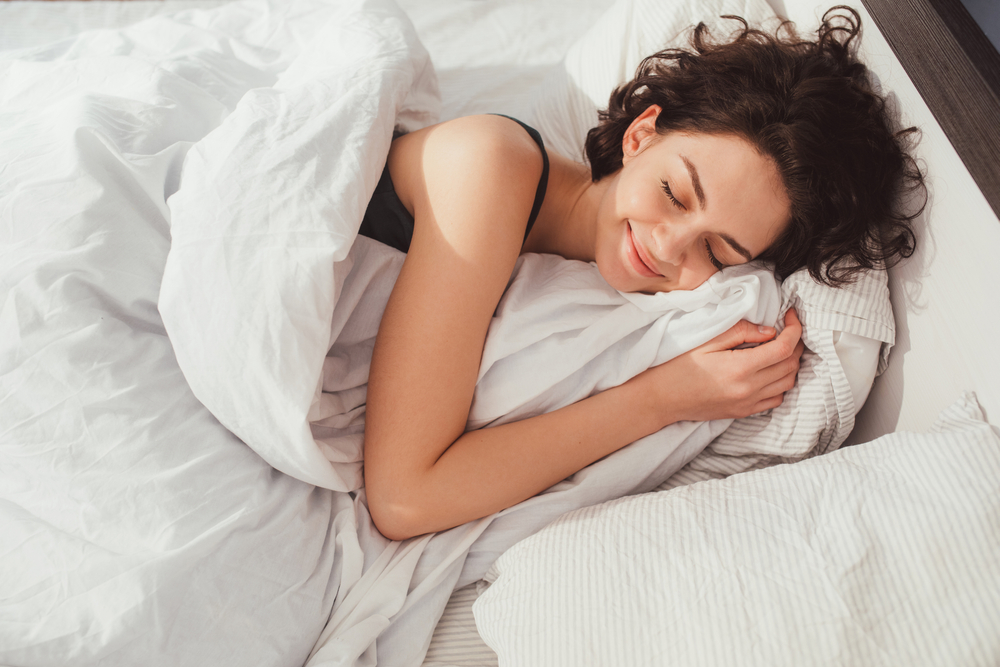Stress, diet, and alcohol: evening factors that influence nighttime sweating
Evening habits such as stress, late meals, and alcohol can affect how hot you feel at night. Nighttime sweating often reflects interactions between physiology and environment, and small changes in routine or bedroom setup can reduce episodes and improve sleep comfort.

This article examines common evening factors that contribute to night sweats and practical steps people can take to reduce their frequency and severity. Nighttime sweating can arise from short-term triggers like a late spicy meal or alcohol and from longer-term causes such as hormonal shifts or certain medications. Understanding how these elements interact with sleep and thermoregulation can help guide lifestyle adjustments and conversations with a healthcare provider.
This article is for informational purposes only and should not be considered medical advice. Please consult a qualified healthcare professional for personalized guidance and treatment.
How does stress affect nighttime sweating?
Stress activates the sympathetic nervous system and can raise core body temperature and perspiration even after you try to unwind. Worry or rumination in the evening may prevent the body from shifting into a restful, cooler state required for sleep. Stress-related muscle tension and rapid breathing also produce heat. Addressing stress with relaxation routines—such as breathing exercises, progressive muscle relaxation, or a consistent bedtime ritual—can lower physiologic arousal and reduce episodes of nighttime sweating for many people.
Can evening diet and alcohol change sleep temperature?
What you eat and drink before bed can influence thermoregulation. Heavy or spicy meals elevate metabolic rate and internal heat production during digestion. Alcohol initially causes vasodilation and warmth, which can fragment sleep and trigger sweating as alcohol is metabolized. Limiting large meals and alcohol within several hours of bedtime, and choosing lighter evening foods, often helps stabilize night sweats linked to dietary triggers. Staying aware of individual sensitivities is important because reactions vary from person to person.
What role does thermoregulation play in night sweats?
Thermoregulation is the body’s system for maintaining a stable internal temperature; during sleep, core temperature normally drops to support restorative processes. Disruptions that prevent this cooling—such as illness, fever, environmental heat, or altered circadian signals—can cause excessive perspiration at night. Good sleep hygiene that supports natural cooling includes a regular sleep schedule, dim evening lighting, and minimizing stimulants. If core temperature remains elevated regularly, medical assessment may be needed to identify underlying causes.
Are bedding, ventilation, and hydration important?
Bedroom environment strongly affects how likely you are to sweat at night. Breathable bedding and mattresses that wick moisture and allow airflow help dissipate heat. Proper ventilation or a fan can enhance evaporative cooling, while room temperature set to a comfortable cool range supports thermoregulation. Hydration matters too: being well hydrated helps regulate body temperature, but drinking large volumes right before bed can disrupt sleep. Trialing different bedding materials and adjusting ventilation are practical first steps to improve nighttime comfort.
When do hormones, menopause, or medication suggest a diagnosis?
Hormonal fluctuations are common contributors to night sweats. Menopause is a well-recognized cause due to changes in estrogen affecting temperature regulation, but other endocrine issues (thyroid dysfunction, for instance) can also play a role. Numerous medications — including some antidepressants, antipyretics, and other prescriptions — list sweating as a side effect. If night sweats are frequent, severe, or accompanied by other symptoms (weight loss, fever, nocturnal pain), clinicians may recommend an evaluation to rule out infections, endocrine disorders, or adverse drug effects and determine an appropriate diagnosis.
Lifestyle adjustments and monitoring tips for sleep and sweating
A structured approach helps identify triggers: keep a simple sleep-and-symptom diary noting evening meals, alcohol, stress levels, bedding used, room temperature, and medications. Prioritize stable sleep schedules, wind-down routines that reduce stress, and modifications to the sleep environment such as moisture-wicking sheets and improved ventilation. Discuss persistent or worsening symptoms with a healthcare provider to explore testing or therapeutic changes. Small, consistent lifestyle adjustments often reduce frequency and intensity of nighttime sweating.
In summary, evening stress, diet, alcohol, and environmental factors interact with physiology to influence nighttime sweating. Many practical measures—stress management, meal timing, limiting alcohol close to bedtime, optimizing bedding and ventilation, and monitoring hydration—can improve comfort. When sweats are recurrent or severe, evaluation for hormonal causes, medication effects, or other medical conditions can inform targeted treatment and diagnosis.






